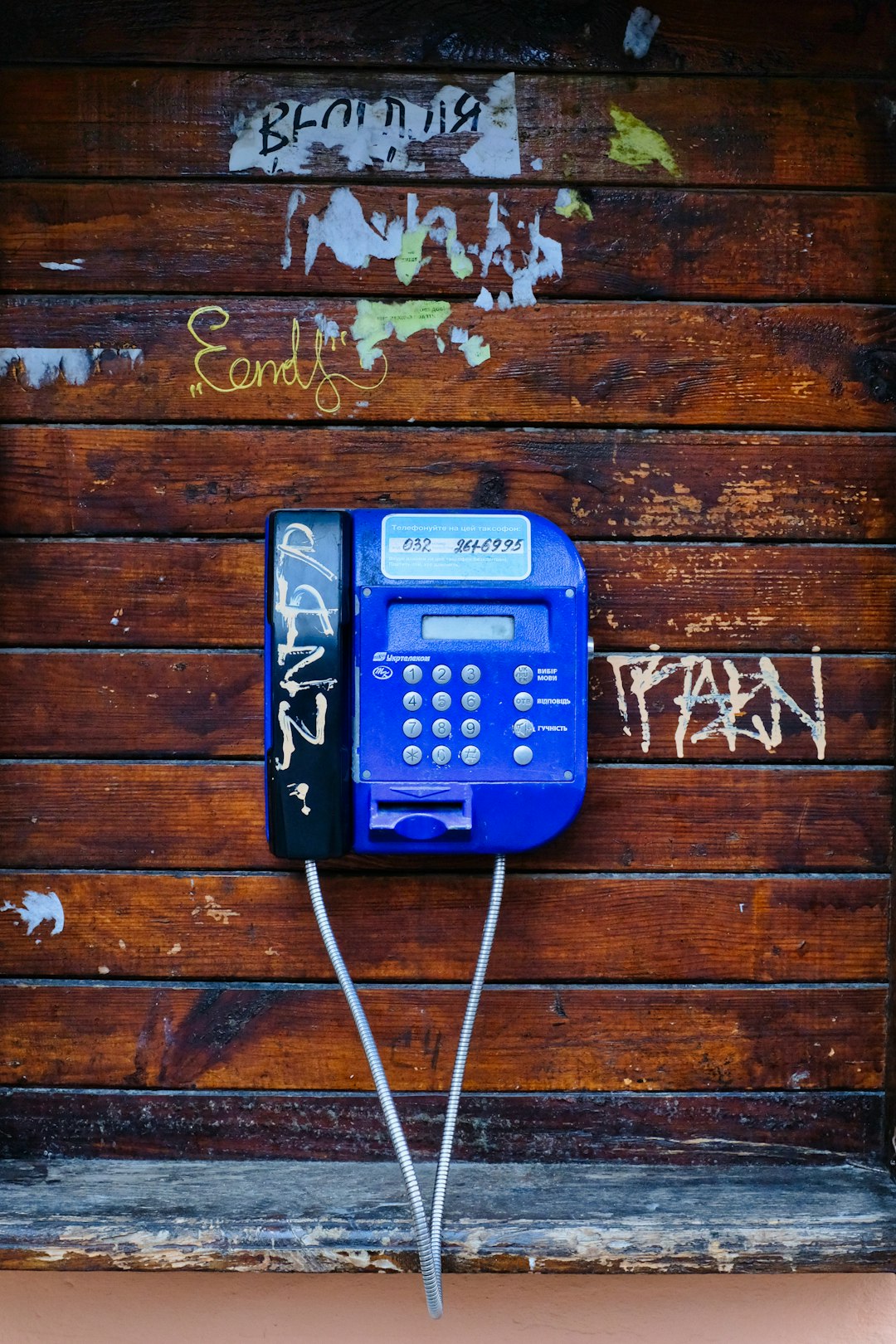In Maine, strict Do Not Call (DNC) laws protect consumers from intrusive telemarketing, making compliance crucial for businesses to avoid significant fines. A specialized lawyer for Do not call Maine is essential to navigate complex regulations regarding consent, opt-out lists, and record-keeping. These experts offer guidance on data management, policy crafting, staff training, and regular audits, ensuring businesses maintain positive reputations and customer relationships while adhering to DNC laws. Engaging such a lawyer safeguards against legal consequences, including fines and lawsuits, allowing businesses to effectively communicate without violating regulations.
Maine businesses, especially with the ever-evolving landscape of consumer privacy laws, need expert guidance to navigate the complex world of Do Not Call regulations. This article provides a comprehensive overview of how a lawyer can be your ally in ensuring compliance. From understanding Maine’s specific rules to identifying opt-out requests and managing legal implications, we explore vital strategies. Discover the importance of strategic communication, balancing marketing efforts with legal obligations, and learn why seeking a specialist lawyer for Do Not Call laws in Maine is an essential step towards successful business practices.
Understanding Do Not Call Laws in Maine: A Comprehensive Overview

In Maine, like many states, the Do Not Call (DNC) laws are designed to protect consumers from unwanted telemarketing calls. These regulations can be complex, with specific rules for businesses engaging in marketing activities over the phone. A lawyer specializing in Maine’s DNC laws is crucial for ensuring compliance to avoid significant fines and legal repercussions. They can help businesses understand the do-not-call lists, opt-out requirements, and record-keeping mandates.
Maine’s DNC laws require businesses to obtain explicit consent before making telemarketing calls and maintain accurate records of consumer choices to opt out. A lawyer can assist in navigating these requirements, helping companies develop effective consent-gathering practices and implement robust opt-out mechanisms. By consulting a legal expert focused on Do Not Call Maine regulations, businesses can safeguard their operations, respect consumer privacy, and foster trust in their marketing efforts.
The Role of a Lawyer: Expert Guidance for Business Compliance

When navigating the complex landscape of do-not-call laws, businesses in Maine stand to benefit greatly from the expertise of a specialized lawyer. These legal professionals serve as invaluable guides, ensuring compliance and offering tailored strategies to mitigate potential risks. With their deep understanding of the state’s regulations, they can help businesses establish effective practices to respect consumer preferences while avoiding costly penalties.
A lawyer for do not call Maine can provide crucial insights into the ever-evolving legal framework, keeping businesses apprised of any changes or updates. They facilitate compliance by crafting customized solutions, from drafting comprehensive privacy policies to implementing robust internal systems. This expert guidance enables businesses to foster a positive reputation and maintain strong relationships with their customers, demonstrating their commitment to ethical practices in the eyes of the law.
Identifying and Verifying Opt-Out Requests: Best Practices

Identifying and verifying opt-out requests is a crucial step for businesses to ensure compliance with Maine’s Do Not Call laws. A lawyer specializing in this area can provide guidance on implementing robust systems to track and document these requests effectively. Best practices include maintaining detailed records of all opt-out notifications, whether received via phone, email, or other channels. This includes noting the date, time, and specific conversation details for each request.
Additionally, lawyers recommend utilizing technology solutions that automate the verification process. By employing robust data management tools, businesses can cross-reference customer information against opt-in and opt-out lists to ensure accuracy. Regular audits of these systems by a legal professional help identify any discrepancies or potential non-compliance issues, allowing for prompt corrections. Engaging the services of a lawyer for Do not call Maine ensures that your business remains in compliance with state regulations while protecting it from potential penalties.
Legal Implications of Violating Do Not Call Regulations

Violating do-not-call regulations can have significant legal implications for businesses in Maine. If a company makes telemarketing calls to individuals or entities who have registered on the state’s do-not-call list, it faces severe penalties and fines. These penalties can include monetary sanctions, lawsuits from affected consumers, and even criminal charges for repeated or intentional violations.
A lawyer specializing in do-not-call laws in Maine is crucial for businesses to navigate these complex regulations. Legal experts can help companies understand their obligations, implement effective compliance strategies, and train staff on proper call practices. By consulting a lawyer, businesses can protect themselves from costly mistakes, maintain consumer trust, and ensure they remain compliant with the ever-evolving do-not-call regulations.
Strategies for Effective Communication: Balancing Marketing and Compliance

In today’s competitive business landscape, effective communication is key to success. However, navigating the intricate web of do not call laws can be a challenge for companies looking to engage with their target audience. This is where a lawyer for Do not call Maine becomes an invaluable asset. These legal experts can provide strategic guidance on balancing marketing initiatives with compliance requirements.
By implementing tailored strategies, businesses can avoid costly fines and maintain positive customer relationships. A Maine lawyer specializing in this area can help draft and refine consent forms, ensuring that every interaction with potential clients adheres to the law. They can also assist in developing robust internal policies, training staff on proper call handling practices, and monitoring compliance across all marketing channels. This proactive approach allows businesses to effectively communicate their offerings while steering clear of legal pitfalls associated with unauthorized calls.






